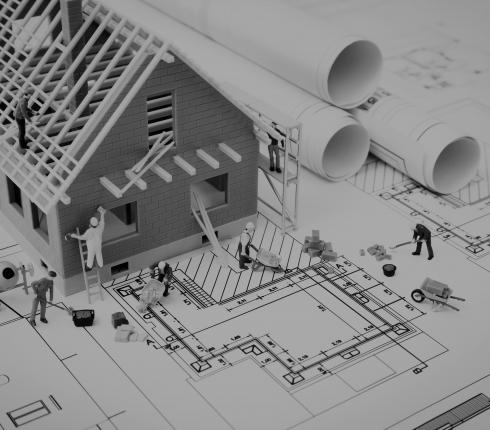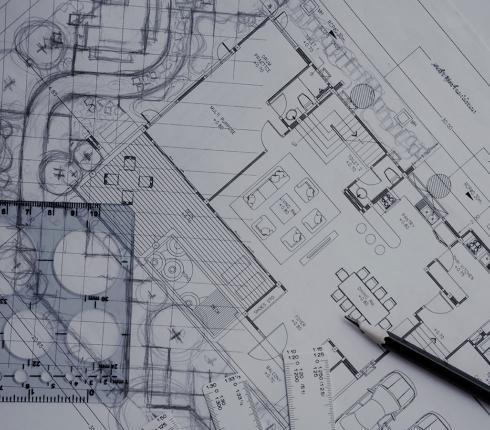NJORD Estonia: Construction standard may determine the outcome of a dispute
Despite the fact that the volume of construction work has grown rapidly in recent years, disputes concerning the construction quality of buildings continue to be topical. Not rare are the cases where a person who has bought a home or a commercial space finds some constructional peculiarity or a building-related problem only after they have moved in. A separate issue concerns whether such a peculiarity or problem can be regarded as a non-compliance with the quality requirements of the building, or, in other words, as a defect that could serve as a basis for filing claims against the seller.
It is important for the buyer and the seller to bear in mind that the assessment of the proper quality of a building may also be based, in addition to the contract of sale or the building design documentation, on some relevant technical standard. For example, in the context of the Estonian residential development, we can mainly talk about the standards of the Estonian Centre for Standardisation. Such standards cover a wide spectrum of any possible requirements in terms of construction engineering. For example, the effective standards prescribe specific requirements for the sound insulation of a residential building and its protection against noise, for the level of relative air humidity of indoor air as well as for the minimum dimensions of parking spaces.
A construction dispute that ended recently with a judgment of the Harju County Court confirmed once more that standards are of primary importance upon assessing the proper quality of a residential building if no special agreement on the quality of a residential building exists.
In this dispute, the seller relied, among other things, on the allegation that the standard referred to by the buyer was not mandatory upon designing and constructing the residential building, but, arising from the content of the standard, adherence thereto was only recommended. The Court did not agree to that. The Court noted that since the seller and the buyer had not agreed on the quality separately, the assessment of the proper quality must be based on the requirements of the standard. This is the case irrespective of whether or not the standard has only been established as a recommended one.
The court case highlighted the importance of standards in assessing the quality requirements of a building, as well as the seller’s possible liability. Relying on the standards that were in effect at the time the residential building was designed, the County Court ascertained that the apartment sold to the buyer was not in compliance with the proper quality requirements. Based on the aforementioned, the Court concluded that the seller was liable for the breach of the contract of sale and the buyer had the right to request that the seller compensate the damage and reduce the purchase price.
Thus, even if a standard has only been established as a recommendation, its importance in assessing the quality requirements of a building, as well as the seller’s possible liability, should not be underestimated.





































